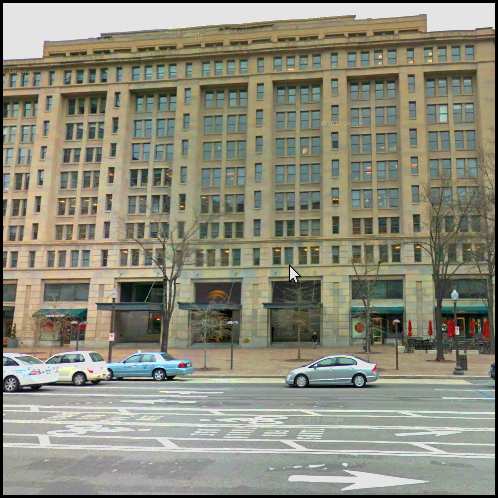![Dick Armey and Ringo Starr [fair use] Dick Armey and Ringo Starr [fair use]](https://www.exportlawblog.com/images/armey_starr.jpg)
Indeed, what do former House Majority Leader Richard Armey and former Beatle Ringo Starr have in common? Other than, of course, immense artistic talent and devilish good looks. Well, they both are named Richard and they both were born on July 7, 1940. This means, surprisingly, at least as far as the Office of Foreign Assets Control (“OFAC”) is concerned that they are both not merely 73-year-old men named Richard but are, in fact, one and the same person.
If you don’t believe that, tell that to Wells Fargo Bank which just got whacked by OFAC to the tune of $23,937 for opening up bank accounts for people that had the same birthdates as narcotics kingpens on the SDN list and that had names that shared part of their names with those narcotics kingpens. Wells Fargo opened an account for Carlos A. Ruelas (who had a U.S. address and a U.S. social security number) who allegedly was Carlos Antonio Ruelas Topete who was on the SDN list with a Tijuana, Mexico address. (Ruelas Topete was deleted from the SDN list last January.) The bank also opened an account for Claudia Aguirre (who also had a U.S. address and a U.S. Social Security) who allegedly was Claudia Aguirre Sanchez who is on the SDN list with a Tijuana address.
The moral of the story here, whether or not the account holders were or were not SDNs, is that it’s probably a good idea to screen not just by names but by birthdates as well. Â And the next time you see Dick Armey see if you can get him to play the drum part for “I Wanna Hold Your Hand.”

 Posted by
Posted by  Category:
Category: 

![J. Edmond Barre http://commons.wikimedia.org/wiki/File:J._Edmond_Barre.jpg [Public Domain] J. Edmond Barre http://commons.wikimedia.org/wiki/File:J._Edmond_Barre.jpg [Public Domain]](https://www.exportlawblog.com/images/tennis_player.jpg) In its quest to keep the world safe from an Iranian nuclear bomb, the Office of Foreign Assets Control has focused its laser-like scrutiny on an Iranian tennis referee. Obviously, the same skills required to call a ball out or to halt a match for rain are critical to the process of uranium enrichment.
In its quest to keep the world safe from an Iranian nuclear bomb, the Office of Foreign Assets Control has focused its laser-like scrutiny on an Iranian tennis referee. Obviously, the same skills required to call a ball out or to halt a match for rain are critical to the process of uranium enrichment.![Total Gas Station in France http://www.total.com/MEDIAS/MEDIAS_INFOS/1564/FR/station-service-morinvilliers-France-media.jpg [Fair Use] Total Gas Station in France http://www.total.com/MEDIAS/MEDIAS_INFOS/1564/FR/station-service-morinvilliers-France-media.jpg [Fair Use]](https://www.exportlawblog.com/images/total.jpg)
![By Bo yaser (Own work) [CC-BY-SA-3.0 (http://creativecommons.org/licenses/by-sa/3.0)], via Wikimedia Commons http://commons.wikimedia.org/wiki/File%3ADestruction_in_Homs_(4).jpg By Bo yaser (Own work) [CC-BY-SA-3.0 (http://creativecommons.org/licenses/by-sa/3.0)], via Wikimedia Commons http://commons.wikimedia.org/wiki/File%3ADestruction_in_Homs_(4).jpg](https://www.exportlawblog.com/images/destruction_in_Homs.jpg)



